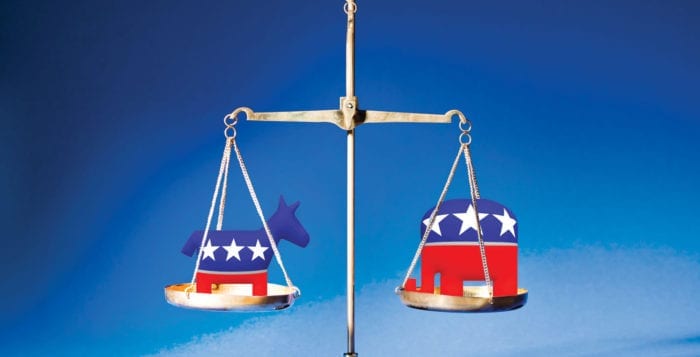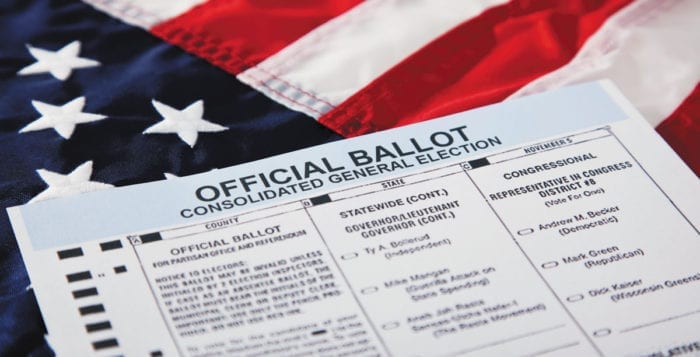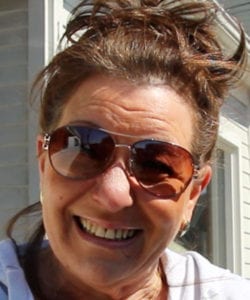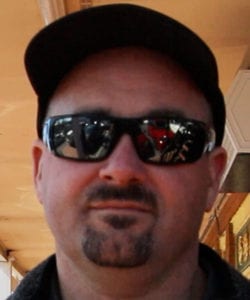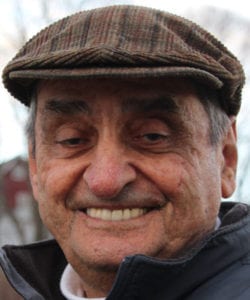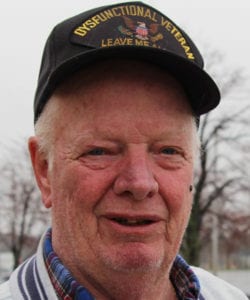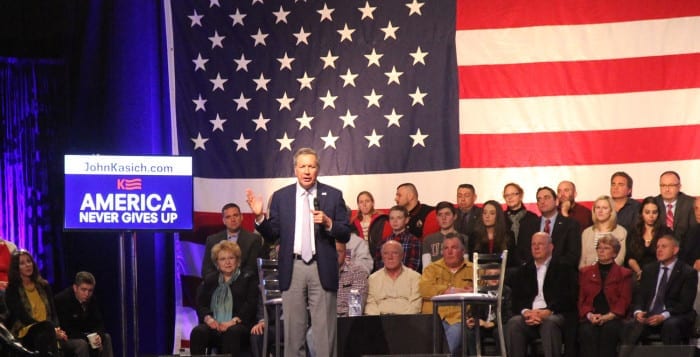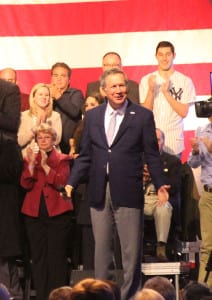Although America’s two major political party conventions will be wrapped up by the end of this week, for many in this country, it seems as if there are four party conventions coming to a close.
If there is one thing Democrats and Republicans share at the moment, it’s the fact that many people feel like outsiders in their own party.
Since the start of the primaries, many traditional conservatives have had trouble accepting presidential candidate Donald Trump (R) as one of their own. On the first day of the convention, some state delegates staged a walkout to protest against Trump. Not only do voters and delegates feel this way — noticeably missing from the event were former Presidents George Bush senior and junior, as well as former presidential candidates John McCain and Mitt Romney. Romney has even gone so far as to hold press conferences to make clear his disdain for Trump and the direction he is leading the party.
Democrats have their own unity issues. After WikiLeaks exposed thousands of Democratic National Committee emails last week, the party seems more divided than ever. #BernieorBust voters within the party have said they will never vote for presidential candidate Hillary Clinton (D), staying true to their support for former presidential candidate Bernie Sanders (D) — despite his efforts to unite his supporters behind Clinton.
The divides in both parties are clear, but what should be more clear than anything else is that four months from now, this country will have to unite behind a newly elected president.
2016 has already shown us the major obstacles and issues facing America, both at home and abroad.
Our electoral system is not perfect; this election season has shown us that. But it is our system, for better or worse. We’ll need to accept who won, who lost, and most importantly, unify around the winner. The reality is, regardless of who wins, a large contingent of voters will be saddled with a commander in chief they disdain.
It is rare to find a candidate who is everything Americans in one party want, let alone both. Speaking to the #NeverTrump and #BernieorBust voters specifically, there comes a point when you need to decide which candidate represents you the most. Excluding yourself from the process gets you, and the nation, nowhere. Trump or Clinton will move into the White House in January 2017, and it would be best to vote for someone who represents some of your views, as opposed to none of them, or simply not voting at all.
As the election season continues on, it’s important to remember we all need to unite again as one country once the final ballots are cast and the polls are closed.

